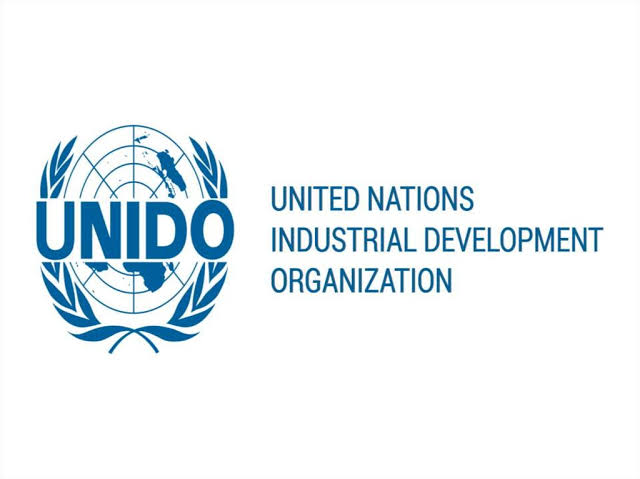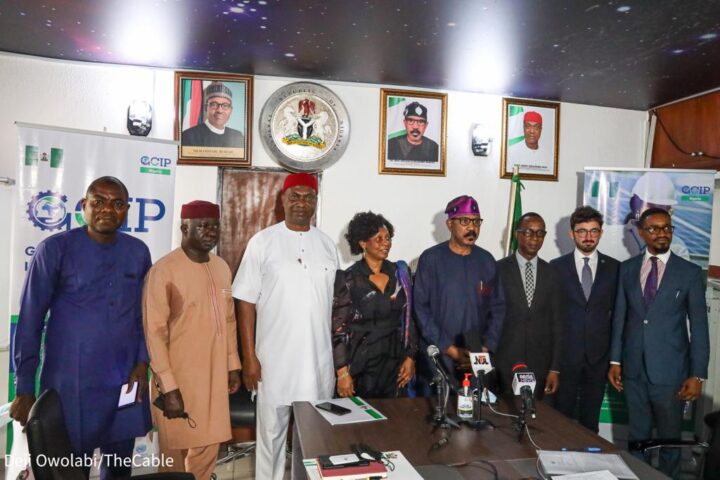The United Nation Industrial Development Organization (UNIDO), under its Global Cleantech Innovation Programme (GCIP) is set to support 75 Cleantech entrepreneurs in order to promote clean energy technologies for sustainable start-ups and small medium enterprise development in Nigeria.
The GCIP was launched at the Project Inception Workshop in Lagos with the goal of addressing market and regulatory deficiencies that inhibit the long-term emergence, deployment, and adoption of cleantech solutions, allowing low- and middle-income nations to advance to greener economies.
The Federal Ministry of Science, Technology, and Innovation (FMSTI) and the Rural Electrification Agency of Nigeria (REA) are the government of Nigeria’s representatives for the Global Environment Facility (GEF), which is funding the GCIP.
Mr. Bosun Tijani, Chief Executive Officer of Co-Creatio Hub, the secretariat of the GCIP Project Steering Committee noted that the initiative is intended to build a robust ecosystem that prioritizes the growth of innovation for clean technology in Nigeria.
He continued by saying that more employment would be generated and businesses that would alter the nation’s energy future would emerge if more support and effort were directed toward the growth of cleantech, just as the development of Fintech in the nation.
Luca Longo, junior professional officer with the Department of Energy’s Climate Technology and Innovation Division added that, GCIP’s intervention is based on three carefully designed programmatic pillars which includes bringing transformative cleantech solutions to the market; building, strengthening and connecting cleantech innovation and entrepreneurship ecosystem; and program coordination and coherence.
Longo stated that the project would add value for domestic economic and industrial development by bridging the gap between cleantech innovators and investors, paving the way for new business opportunities. GCIP Nigeria focuses on cleantech start-ups and SMEs working on exciting and disruptive solutions.
Energy efficiency, renewable energy, waste beneficiation, green buildings, transportation, and advanced material and chemical are the GCIP’s main priority areas, he concluded.










